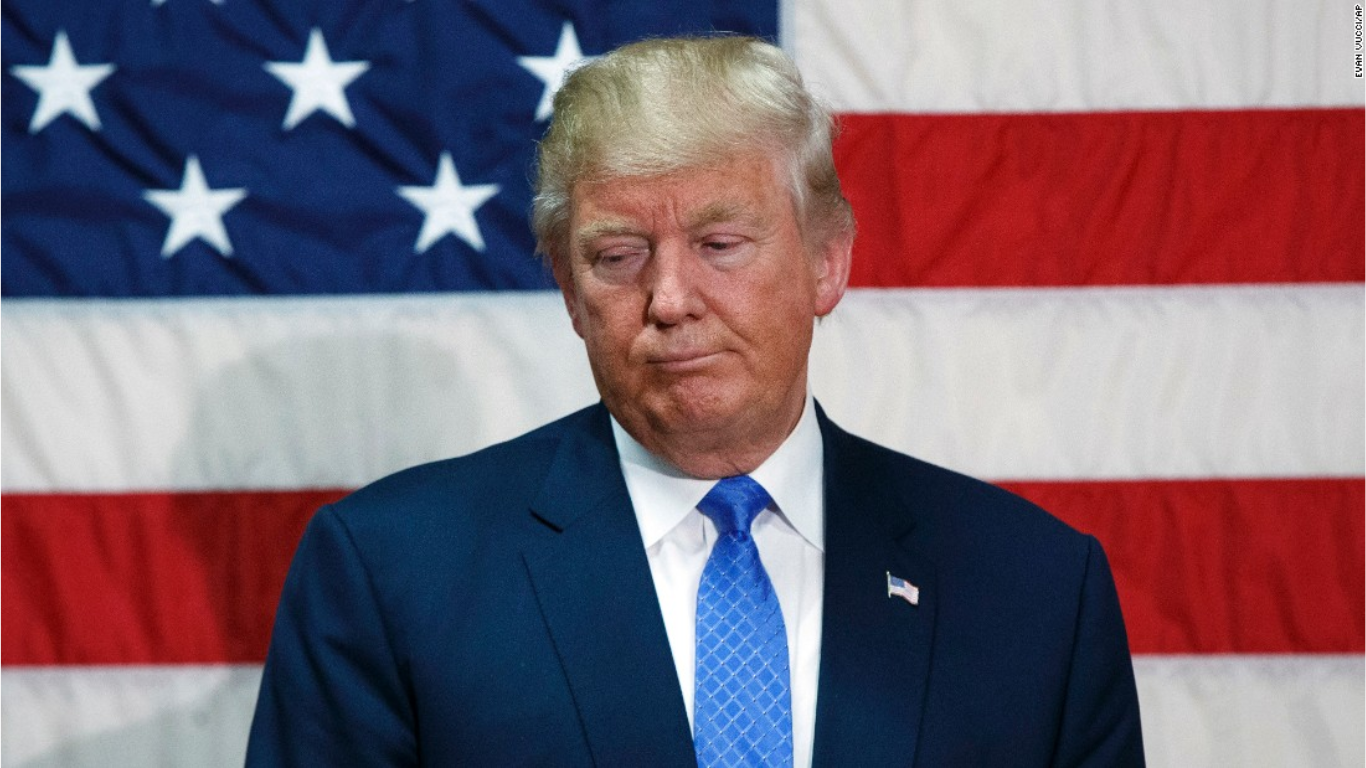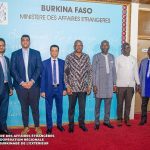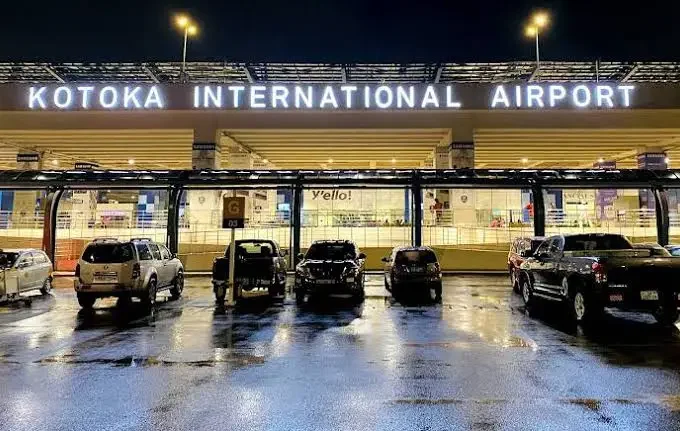
South Sudan Seeks U.S. Sanctions Relief in Exchange for Accepting More Deportees

The Trump administration’s deportation policy has come under fire as reports emerge of secretive deals with African nations, including war-torn South Sudan and the repressive kingdom of Eswatini, to accept unwanted migrants.
According to reports, these countries have made their asks, from lifting sanctions to unfreezing bank accounts, revealing a controversial exchange that has sparked outrage among human rights advocates.
In South Sudan, officials have indicated a willingness to accept more deportees from the United States, part of what has been described as a back-channel diplomacy shaped by desperation and strategic leverage.
According to diplomatic sources and correspondence reviewed by POLITICO, Juba has asked the Trump administration to lift sanctions on a top official, reverse sweeping visa bans imposed by Secretary of State Marco Rubio in April, and reopen a U.S. dollar account at the New York Federal Reserve, a vital link for international transactions.
The government is also seeking U.S. support in pursuing First Vice President Riek Machar, who is currently under house arrest.
Though the U.S. has not publicly agreed to any of South Sudan’s demands, it has already completed the deportation of eight men in July, only one of whom is South Sudanese.
The rest, reportedly from countries such as Vietnam, Yemen, and Cuba, are now housed in a guarded compound as Juba works to repatriate or resettle them.
South Sudan will continue to be an ally of the United States, support the policies of the United States, and especially the policies of the current president, his excellency, President Donald Trump,” South Sudanese Ambassador to Washington Santino Dicken said in an interview.
The move comes despite long-standing concerns about South Sudan’s political and humanitarian situation.
But mostly, we would love also that our partners in the administration understand that as for the government of South Sudan, to convince its citizens freely, … we are asking the U.S. administration to lift visa restrictions on South Sudanese passport holders.
The U.S. State Department classifies the country as unsafe for American citizens, citing civil unrest, rampant violence, and systemic human rights abuses. The country remains mired in the aftermath of a brutal civil war and is struggling under widespread famine and displacement.
The Trump administration has reportedly made similar deportation requests to at least 15 African countries, including Rwanda, Senegal, Gabon, and Liberia. In some cases, deportees have included individuals with no prior ties to the receiving country, a policy immigration lawyers say may violate international law.
In Eswatini, a deeply conservative monarchy of just over a million people, five men recently deported by the U.S. remain in solitary confinement in a maximum-security prison, according to human rights observers. Their legal status is unclear, and local activists have denounced the arrangement as “human dumping.”
The controversy has intensified with new revelations from Axios in July 2025 that Israel has asked the U.S. to help persuade countries such as Ethiopia, Indonesia, and Libya to accept Palestinians from Gaza, a move that mirrors the same tactics used in Africa.
These ad hoc arrangements lack transparency and accountability. Neither Congress nor the public has been provided full details of the deals; only written agreements with Eswatini and El Salvador have been formally transmitted to lawmakers.
The process appears to unfold in South Sudan through informal diplomatic channels, including meetings between its foreign minister and senior U.S. officials.
Backlash is growing internationally. Nigeria’s Foreign Minister Yusuf Tuggar recently said that African nations are under “considerable pressure” to accept deported foreign nationals, “some straight out of prison.”
He added, “It will be difficult for a country like Nigeria to accept Venezuelan prisoners. We have enough problems of our own.”
The Trump administration’s policy, especially the mass deportations, particularly to unstable or authoritarian states, could amount to refoulement, the illegal return of individuals to countries where they may face danger, which is a concern. Human rights advocates also warn that stateless or undocumented individuals may face indefinite detention or abuse in countries with a poor rule of law.
As the administration pursues its broader immigration crackdown, including expanding deportation flights to Africa and Latin America, concerns are mounting.
Read More:
- IMF Praises Senegal’s Austerity After $7B Hidden Debt—Fuel Subsidies Slashed, Poor Hit With New Taxes
- Nigeria’s Constitutional Review: Spotlight on Citizenship by Investment and Religious Courts Bills
About The Author
Related Articles
Ghana to Rename Kotoka International Airport
Ghana’s government is preparing to rename the country’s main international gateway, Kotoka...
ByWest Africa WeeklyFebruary 4, 2026Russia Congratulates Ibrahim Traoré on Assuming AES Presidency
Russia has congratulated Burkina Faso’s President, Captain Ibrahim Traoré, on his assumption...
ByWest Africa WeeklyFebruary 4, 2026AES Condemns Niamey Airport Attack, Warns of Coordinated Destabilisation
The Alliance of Sahel States has strongly condemned the armed attack on...
ByWest Africa WeeklyFebruary 2, 2026Mali Cedes Strategic Land to Guinea to Deepen Trade Cooperation
Mali has approved the transfer of a strategic parcel of land to...
ByWest Africa WeeklyFebruary 2, 2026












Leave a comment